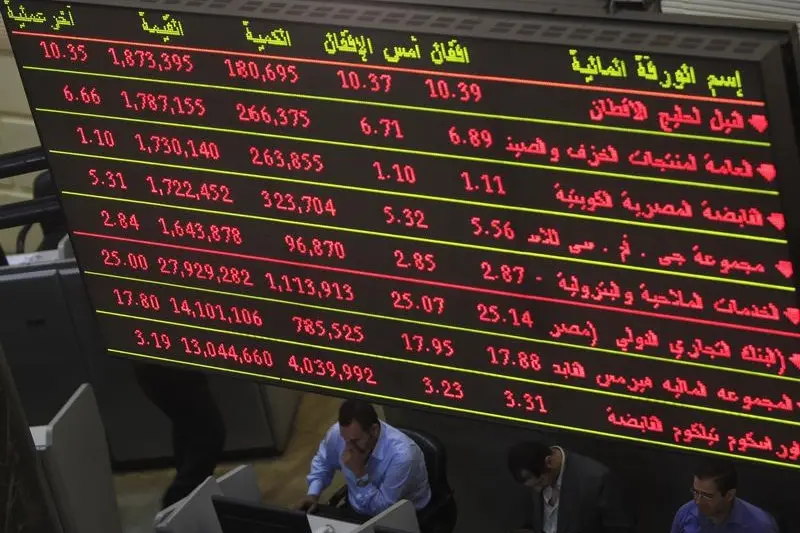PHOTO
By Davide Barbuscia
DUBAI, Jan 17 (Reuters) - Egypt could issue a U.S. dollar sukuk later this year after its planned conventional bond, government representatives said on Tuesday at the first stop of the country's bond roadshow in Abu Dhabi and Dubai, according to investors attending the presentation.
Egypt plans to issue a conventional bond which could go up to $2.5 billion in size, investors said. The exact timing of the debt sale will be decided over the coming days, but the consensus is that the deal could be launched soon after the investor meetings, scheduled to end in London on Jan. 23.
The meetings with investors in the United Arab Emirates, which were held in the morning in Abu Dhabi and at lunch in Dubai, saw a big turnout, one investor noted.
The government presentation was focused on positive factors such as the $12 billion loan received from the International Monetary Fund, planned economic reforms and the positive effects of the currency flotation implemented in November last year.
Though the presentation was "compelling", according to one investor, Egypt's representatives did not give clear answers to questions regarding Egypt's arrears owed to foreign oil companies, and did not provide a net amount of outflows versus inflows, said the same investor.
The government representatives gave no specific pricing indications during the Tuesday meetings, but a banker close to the situation said the bond sale was expected to offer a premium of about 20 basis points to Egypt's existing curve - although the final spreads will ultimately depend on the actual size of the issuance.
The bond roadshow will continue this week with meetings in New York on Jan. 18, Boston on Jan. 19, Los Angeles on Jan. 20 and London on Jan. 23.
The potential bond issuance will have a tenor of five and ten years, with a thirty-year tranche also being considered. BNP Paribas, Citigroup, JP Morgan and Natixis are the joint lead managers.
The sovereign is rated B3 stable by Moody's and B stable by Fitch.
(Editing by Mark Potter) ((Davide.Barbuscia@thomsonreuters.com;))
DUBAI, Jan 17 (Reuters) - Egypt could issue a U.S. dollar sukuk later this year after its planned conventional bond, government representatives said on Tuesday at the first stop of the country's bond roadshow in Abu Dhabi and Dubai, according to investors attending the presentation.
Egypt plans to issue a conventional bond which could go up to $2.5 billion in size, investors said. The exact timing of the debt sale will be decided over the coming days, but the consensus is that the deal could be launched soon after the investor meetings, scheduled to end in London on Jan. 23.
The meetings with investors in the United Arab Emirates, which were held in the morning in Abu Dhabi and at lunch in Dubai, saw a big turnout, one investor noted.
The government presentation was focused on positive factors such as the $12 billion loan received from the International Monetary Fund, planned economic reforms and the positive effects of the currency flotation implemented in November last year.
Though the presentation was "compelling", according to one investor, Egypt's representatives did not give clear answers to questions regarding Egypt's arrears owed to foreign oil companies, and did not provide a net amount of outflows versus inflows, said the same investor.
The government representatives gave no specific pricing indications during the Tuesday meetings, but a banker close to the situation said the bond sale was expected to offer a premium of about 20 basis points to Egypt's existing curve - although the final spreads will ultimately depend on the actual size of the issuance.
The bond roadshow will continue this week with meetings in New York on Jan. 18, Boston on Jan. 19, Los Angeles on Jan. 20 and London on Jan. 23.
The potential bond issuance will have a tenor of five and ten years, with a thirty-year tranche also being considered. BNP Paribas, Citigroup, JP Morgan and Natixis are the joint lead managers.
The sovereign is rated B3 stable by Moody's and B stable by Fitch.
(Editing by Mark Potter) ((Davide.Barbuscia@thomsonreuters.com;))





















